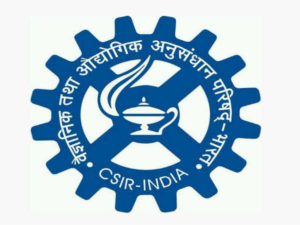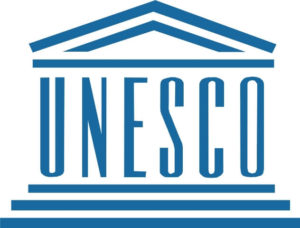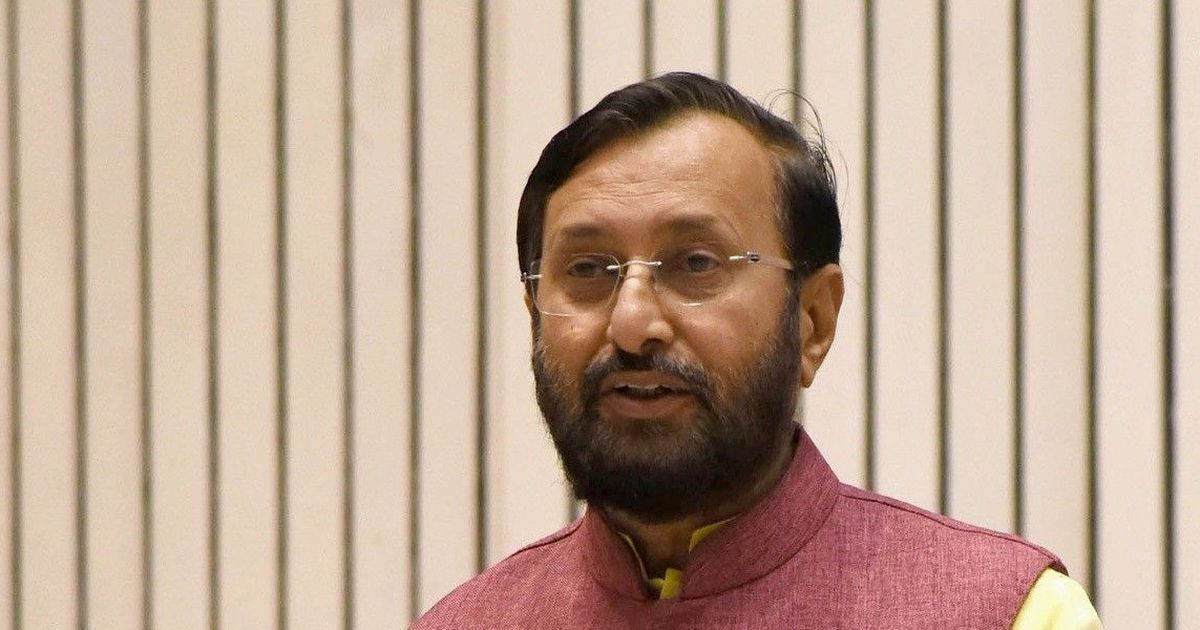CSIR-Institute of Microbial Technology (CSIR-IMTECH) has partnered with Merck to establish a ‘High End Skill Development Centre’ in Chandigarh.
 The Proposed centre in Chandigarh will be equipped with the next generation technologies, like gene editing and single-molecule biomarker detection. India’s premier National Research Laboratory CSIR-IMTECH in partnership with Merck – leading German science and technology company will help accelerate healthcare research and train Indian students and researchers in latest life science technologies and make them industry ready, said a statement from Ministry of Science and Technology.
The Proposed centre in Chandigarh will be equipped with the next generation technologies, like gene editing and single-molecule biomarker detection. India’s premier National Research Laboratory CSIR-IMTECH in partnership with Merck – leading German science and technology company will help accelerate healthcare research and train Indian students and researchers in latest life science technologies and make them industry ready, said a statement from Ministry of Science and Technology.
Under the Memorandum of Understanding, Merck in collaboration with CSIR-IMTECH will use their expertise in Life Science to build a centre which will help researchers and students develop advanced competencies and analytical skills required for life science research.
The first of its kind, Academia-Industry-led, laboratory in Chandigarh has been established to augment Government of India’s initiative for skilling India in the area of Life Science, said the statement. The centre will facilitate hands-on experience to learning and real time sample analysis.
 The proposed state of the art Centre will integrate Work-based and Research-based learning by providing next generation lab set-up for carrying out real time sample analysis and learning workshops for selected group of technologies in the domain of Life Sciences.
The proposed state of the art Centre will integrate Work-based and Research-based learning by providing next generation lab set-up for carrying out real time sample analysis and learning workshops for selected group of technologies in the domain of Life Sciences.
This High-End Skill Development Centre will function on the principle of “no-profit, no-loss” basis and has been primarily created to augment Government of India’s initiative for building skills in the area of Life Science, added the statement.






























